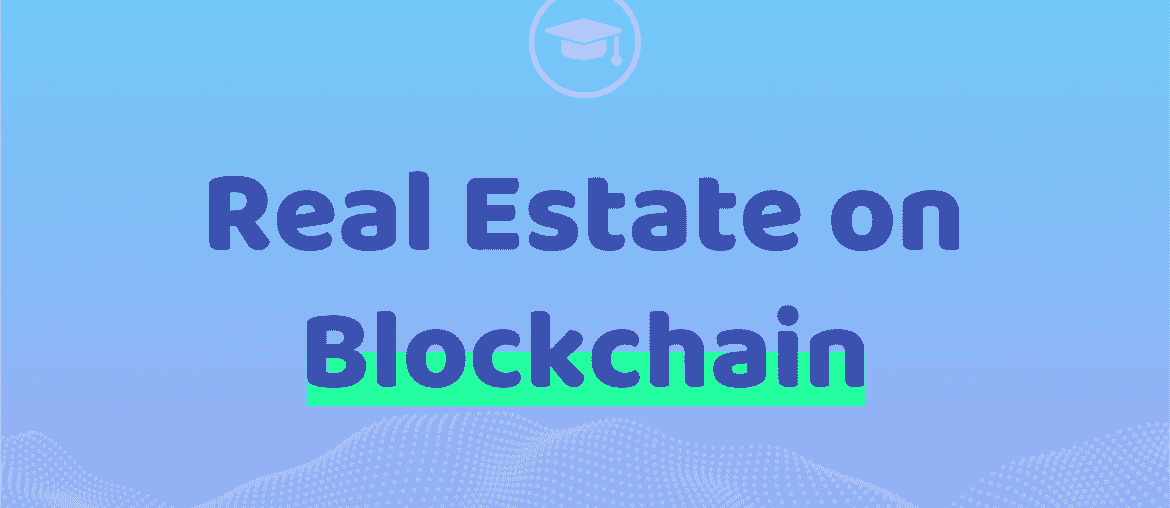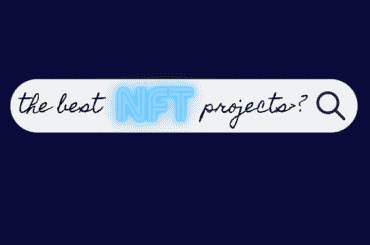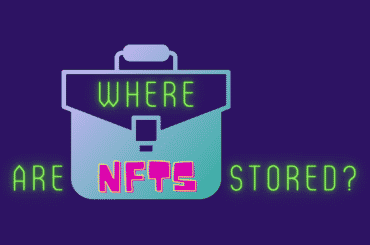The way we live and do business is changing faster than ever before. Blockchain has led the charge in disrupting our normal technological routines from financial services to how we distribute our food supply.
From cryptocurrencies revolutionizing payments to initial coin offerings challenging stock investing, it’s no surprise that this technology has made its way into the real estate industry.
The blockchain is a distributed database that allows for secure, transparent, and tamper-proof transactions making it the perfect technology for real estate business.
Imagine a world where you could buy and sell a property without the need for a third party. That’s the potential of blockchain technology, which is being explored by startups such as Neufund. Based in Berlin, Neufund is building a platform that allows companies to issue and trade equity tokens on the blockchain. This could revolutionize how real estate is bought and sold, making it faster, more secure, and more efficient.
Real estate professionals believe that it will make the process more efficient and less expensive. However, some are concerned about how this new platform will work in practice. To decide whether or not real estate on the blockchain is right for you, it is important to understand both the benefits and possible drawbacks of this innovative approach.
Table of Contents
Traditional Real Estate Industry vs. Blockchain Real Estate
Traditionally, the real estate market has been most commonly focused on listings and connecting buyers with sellers. With the introduction of blockchain into the real estate industry, however, new approaches to real estate have emerged.
Removing the MiddleMan
Cutting out the middleman is a win for both sellers and buyers. The transparency and security of blockchain reduce costs in multiple areas, including real estate transactions where it can make buying property easier by cutting out brokers or banks from a deal entirely!
Platforms and Marketplaces
A few real estate companies have adapted to this new technology and are developing platforms that use blockchain technology to facilitate real estate transactions. Tokenizing real land can allow assets to be traded similar to stocks on an exchange in which deals can be done online.
Liquidity
The number of people worldwide who are looking for real estate to invest in has increased dramatically. However, there is one major drawback: it takes time before these properties can be sold and exchanged against fiat currencies such as USD or EURO because they require such an extensive process.
Because cryptocurrency doesn’t require any third-party interference and can be readily traded transforming real estate into tokens. They solve the problem of allowing a seller to receive full value with no waiting periods.
Fractional Ownership
Investing in real estate through blockchain allows for fractional ownership removing many barriers. Typically, people would have needed significant upfront money or to pool their resources before they could invest and acquire a property- but now with fractional ownership, all you need is access to an app.
Certain platforms also allow investors to buy fractional interest rather than full portfolios which can ensure security and decrease financial risks.
Fractional ownership also provides investors with greater flexibility by letting them decide on how much time they spend on their investments’ needs.
Decentralization
Distrust is a huge issue when it comes to buying and selling goods online. But as a decentralized technology, blockchain makes information transparent and immutable. Because of this, buyers can be assured that their transactions will go through because the information submitted has been verified by other users on the network.
Fraud attempts would also decrease as smart contracts are increasingly becoming admissible records with different areas passing such legislation urging the enforcement of smart contracts having more reinforcement beyond the technology itself.
Costs
The real estate business is a 200 billion dollar market in North America alone. To make sure that you are getting the best deal possible, buyers and sellers alike need to know all their options before they start negotiating or buying property.
One way to complete this is by using decentralized networks like blockchain which allows the elimination of third-party intermediaries such as brokers & inspectors while also trimming down costs associated with transactions including taxes.
Real estate transactions may eventually become truly peer-to-peer activities with blockchain-powered platforms doing most of the work.
Using Blockchain Technology in The Real Estate Industry
Smart Contracts
With blockchain technology, buyers and sellers can streamline the process of buying or selling property by using smart contracts. This not only saves time but reduces risk as well!
When buying or selling a house, there are plenty of legal hoops to jump through. The process can be time-consuming and paperwork amounts will vary from one jurisdiction to another depending on what their specific requirements may entail – all this adds up!
With smart contracts being able to easily compile any document required into an accessible database, it becomes easier than ever before to not only identify but also avoid these hassles.
Tokenization Of Assets
When a property is tokenized, it becomes possible for investors to buy into that project without having full ownership. This means there will be more demand on secondary markets as people want to access an alternative investment option instead of just buying outright with cash! Tokenization will also impact other illiquid assets like private equity and venture capital.
With traditional real estate investing, you had to buy whole properties or contracts in the asset. But with tokenization through blockchain, small investors can trade fractionalized pieces of these assets which decreases their liability since they are no longer responsible for any damages that may occur on the property.
New Platforms For Real Estate Transactions
New platforms are being launched to integrate real estate purchasing and investments. There is ample opportunity for these platforms to modify and agitate the current transactions of real estate.
For instance, some platforms will focus on utilizing blockchain to facilitate escrow transactions, cutting down on closing time and costs while others break down real estate assets into tokens so owners can offer fractional shares of their property and small investors can build real estate capital.
If you owned a large, multi-unit apartment building in desperate need of remodeling, you could use one of the newer models to issue shares of the apartment building and the money gained from these shares could be reinvested into the remodel.
Removes Intermediaries And Affiliated Costs
Using cryptocurrency, real estate can be bought and sold securely. Eliminating costs associated with intermediaries such as brokers or banks means you don’t have to pay those hefty fees when buying full pieces of property!
Improved Transaction Speed
Blockchain is being looked at by many in the finance industry as a way to cut down on time and money spent. It could revolutionize how we purchase homes, especially given its potential for faster transaction speeds that would otherwise take days or weeks if not handled electronically.
Mortgage lenders are exploring blockchain because it can automate and speed up the pre-qualification processes which currently require immense paperwork.
With the removal of intermediaries, smart contracts can cut down on multiple layers in real estate transactions. For example, some platforms use blockchain technology for hyper-accurate title registries that will greatly reduce or even eliminate work done by traditional companies during closing processes such as proving ownership over the property, etc., saving time and money.
Risks and Challenges of Blockchain Real Estate
The blockchain is a great way to protect data however, it isn’t guaranteed in preventing users from making bad investments.
Security real estate tokens represent shares in a property. However, it’s not always true that the value of these properties will rise to meet their worth on paper – meaning you could make more money by selling your secured token than what is recorded financially.
There are also junk properties on the blockchain so investors should heavily research the framework conditions of their investment.
Although the technical advantages of the blockchain may simplify the real estate process, investors must still be aware of the risks involved.
Is Blockchain Real Estate The Future
Blockchain is a much more secure and efficient way to transact business than with traditional paper-based systems. It’s faster, easier, and cheaper as well! But there are still some issues that need addressing before this technology can thrive in real estate transactions completely.
Hopefully, though, these problems will be solved soon enough for us all to enjoy their benefits in the real estate world.
Real estate on blockchain effectively demonstrates why businesses should invest in this technology aligning and evening out any concerns along the way.





